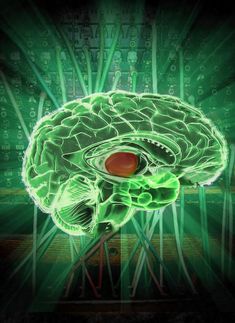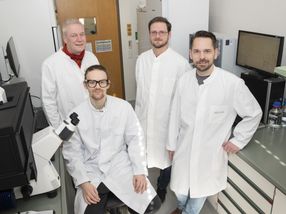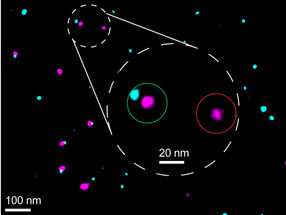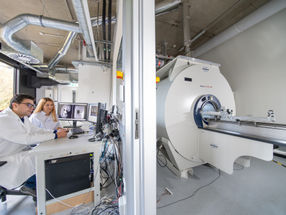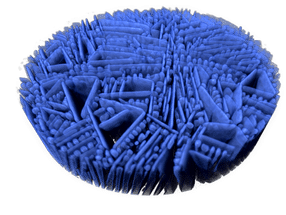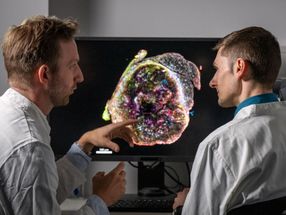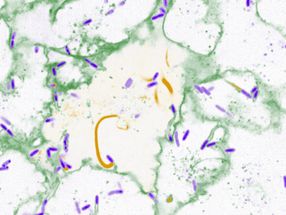Brain Researchers to Develop New Class of Drugs to Repair Psychiatric Disorders
"Smart" drugs capable of targeting specific brain cells to control psychiatric disorders such as autism and schizophrenia may be ready for early clinical trials within three years, with the launch of a $1.5 million project to take place at the Brain Research Centre (BRC), a partnership of the University of British Columbia (UBC) and Vancouver Coastal Health Research Institute (VCHRI).
The new drugs would be the first significant change in decades to medications used to treat psychiatric disorders, says neuroscientist and team leader Yu Tian Wang, a UBC professor of Medicine and BRC member.
"We're designing a whole new generation of medications that will work only on brain cells in areas that need to be repaired," says Wang. "This new type of drug will correct abnormal brain functions in a targeted way, so patients don't experience the side effects found in existing medications that affect the whole brain."
One of only three investigations funded in NeuroScience Canada's new Brain Repair Program, the project brings together five researchers from across Canada, including three investigators from the BRC at UBC Hospital.
Healthy brain functioning relies on a balance between the chemical messengers that stimulate brain cell activity (excitatory neurotransmitters) and those that diminish activity (inhibitory neurotransmitters.)
When balance is disrupted, the flow of information among brain cells in certain areas becomes confused. The result is impairments in perception, thought and behaviour seen in patients with brain disorders ranging from autism to major psychoses including schizophrenia and depression.
Using sophisticated equipment to view, study and manipulate brain messaging at the cellular level, the team will test their design of a type of drug that can fine-tune communication between brain cells and bring excitatory and inhibitory activity into a healthy balance.
Existing anti-psychotic drugs adjust communication on cell surfaces throughout the brain. Balance is restored in affected areas, however, the drugs may cause imbalance in normal, unaffected areas, leading to negative side effects. Side effects can range from sluggishness, insomnia and anxiety to severe psychoses, and limit prolonged use of these medications.
The new generation of "smart" drugs will target only the cells where communication balance is impaired, leaving healthy areas of the brain unaffected. Wang estimates the new type of drug could be available to patients within five to 10 years.
Most read news
Topics
Organizations
Other news from the department science

Get the life science industry in your inbox
From now on, don't miss a thing: Our newsletter for biotechnology, pharma and life sciences brings you up to date every Tuesday and Thursday. The latest industry news, product highlights and innovations - compact and easy to understand in your inbox. Researched by us so you don't have to.
